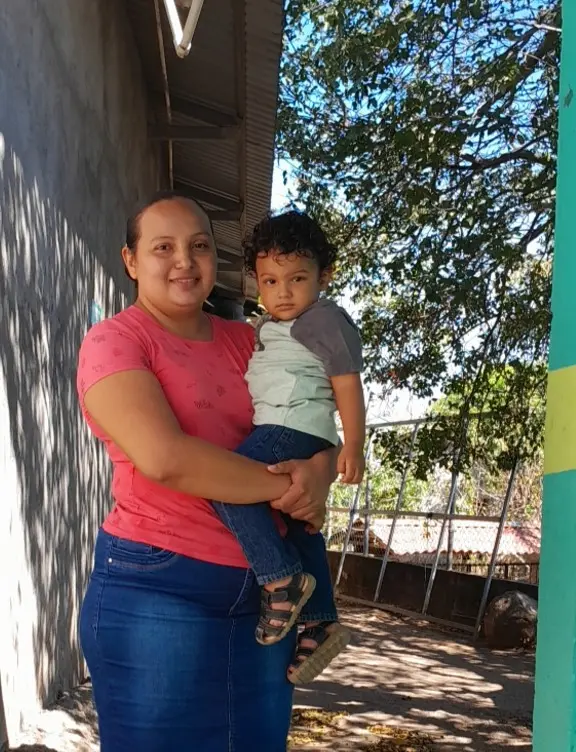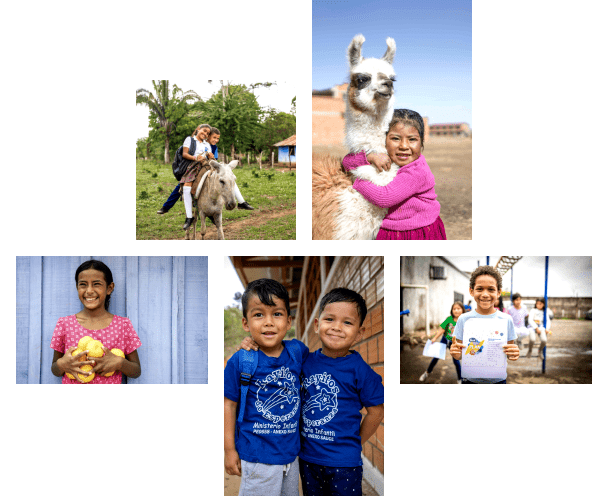
Carlos Aaron
Most Salvadorans live in the country’s subtropical central region of valleys and plateaus. A hot coastal plain is in the south and the north is mountainous. Nearly all the land is farmed; coffee is grown in the mountains. Ninety percent of El Salvador’s population is of mixed Indian and Spanish descent; about 60 percent live in urban areas. Although a few Indians have retained many of their old customs and traditions, most people have adopted the Spanish language and culture. Fifty-seven percent of Salvadorans are Catholic but there is extensive activity by Protestant groups and over twenty-one percent are Protestants. Compassion works in the central, southern and western regions of the country. El Salvador is the smallest and most densely populated country in Central America. Spain claimed the country in 1525. Almost 300 years later, El Salvador declared its independence and, after a brief union with Mexico, joined four other Central American countries to form a federation. When this union ended in 1838, El Salvador became a republic. The country experienced a period of increasing unrest during the 1970s that culminated in a civil war in the 1980s. In 1992, a peace agreement was reached.
With $43 a month, you can help a child in poverty by ensuring:
Regular medical check-ups
Adequate nutrition
Individual Mentorship
Educational support and skills development
The opportunity to receive words of love and support
An introduction to God's love
What you will receive through your sponsorship:
Letters
The letters you send and receive from your sponsored child will allow you to learn about their lives while offering them support and encouragement.
Pictures from your child
Observe how the child you sponsor is growing through photos shared on your Compassion account.
Updates and prayer requests
You will receive regular prayer requests for your sponsored child and information about local crises affecting them.
Consistently, we receive some of the highest possible ratings from charity evaluators and watchdogs
"There are so many kids whose lives can be reached and transformed, just like mine was"

Jonathan Almonte
Compassion Representative, Dominican Republic

